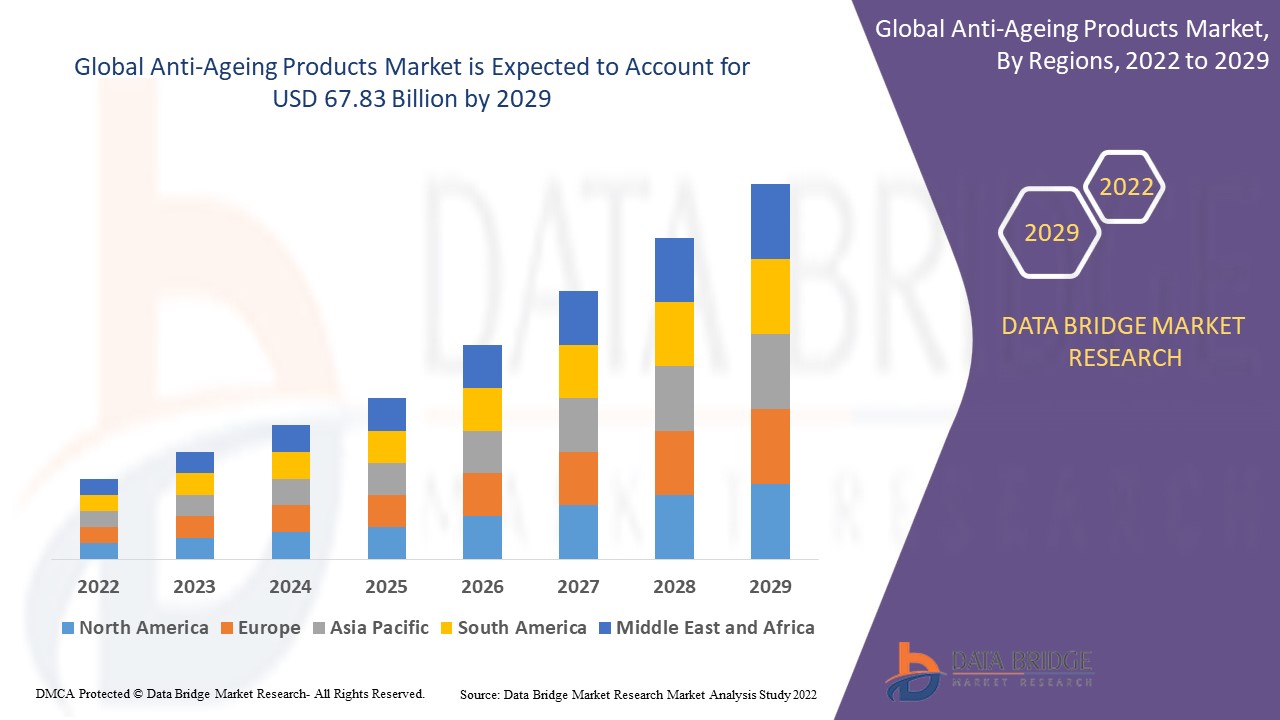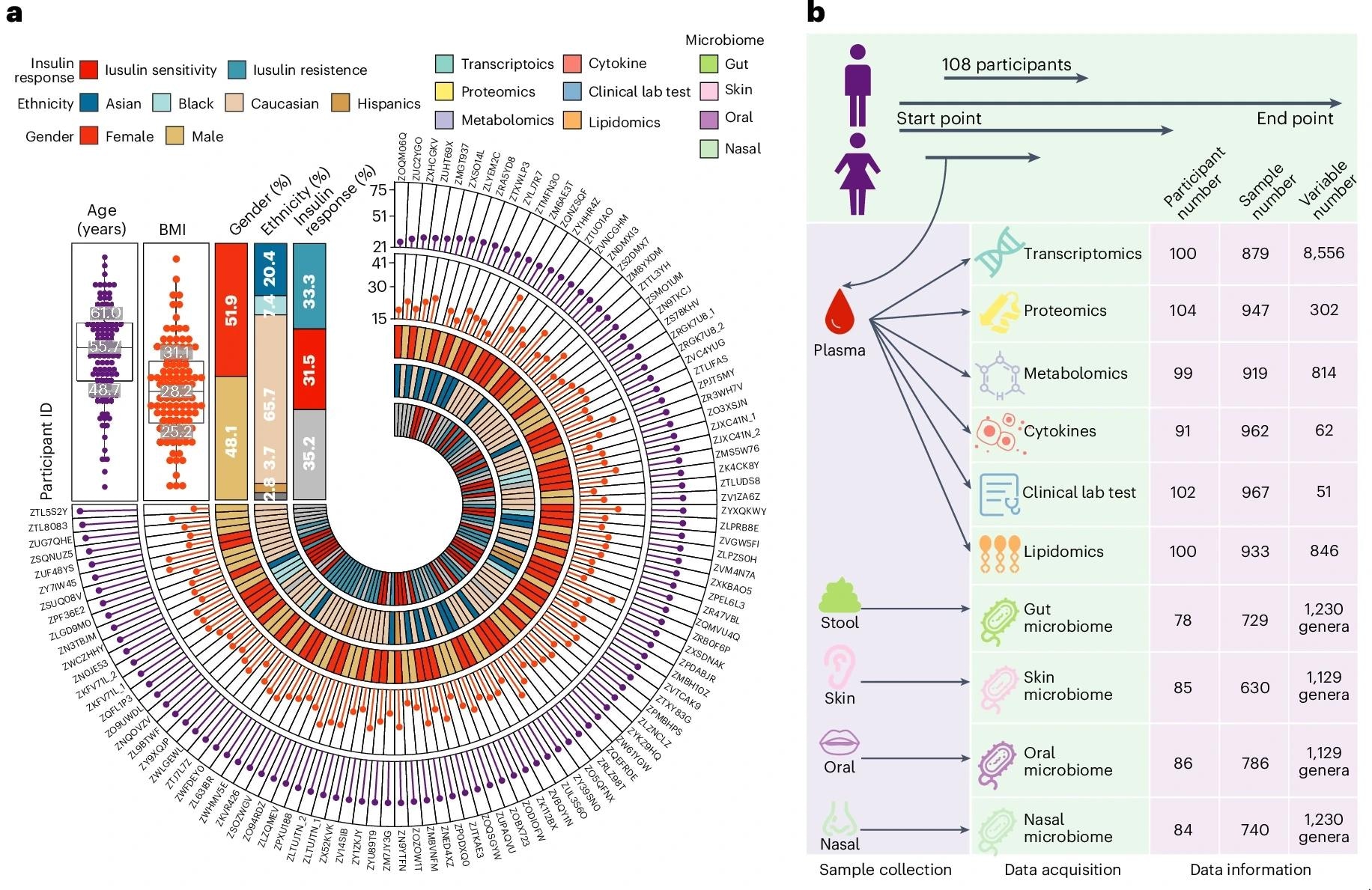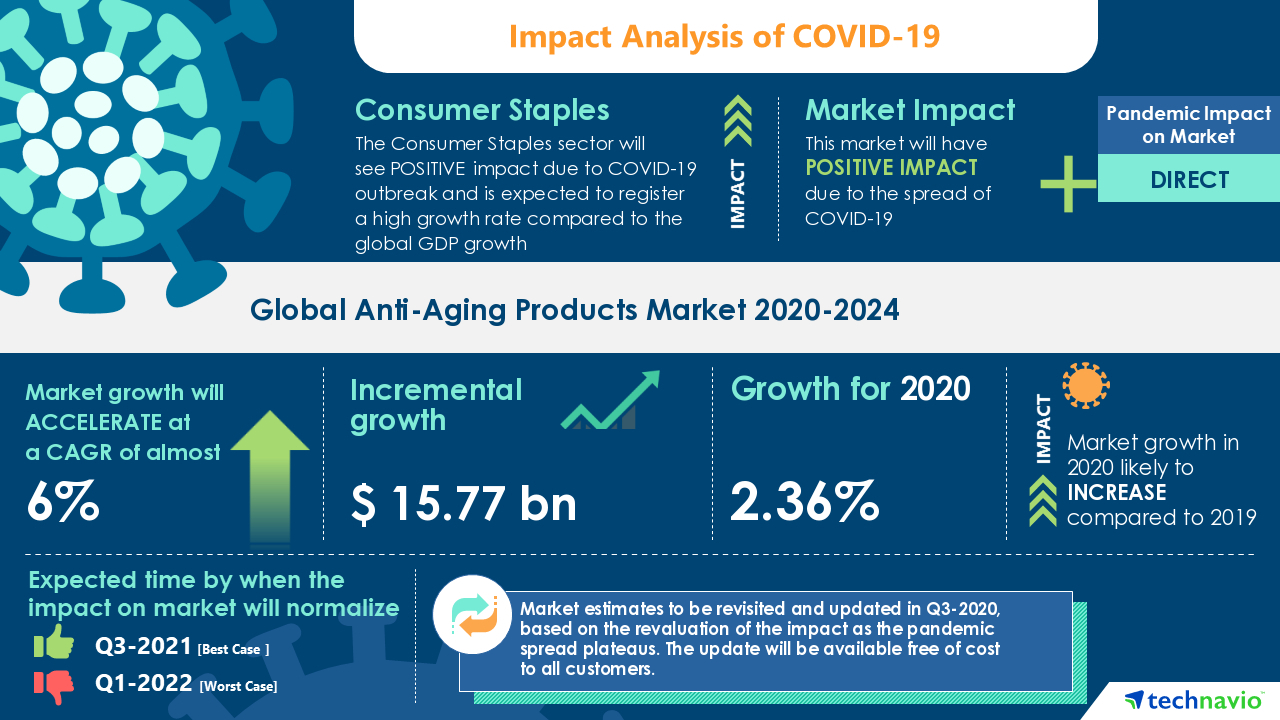The Latest Anti-Aging Trends Research-Backed Insights

Introduction
Overview of Anti-Aging Trends
In recent years, the pursuit of a youthful appearance and extended longevity has gained tremendous traction, leading to a surge in anti-aging trends. Consumers are increasingly gravitating towards products and lifestyles that promise to maintain or restore youthfulness. From innovative skincare lines laden with cutting-edge ingredients to advanced supplements touted as elixirs of youth, the landscape is ever-evolving.
Many individuals now look for evidence-based solutions, making informed choices about their anti-aging regimens. For instance, the popularity of retinoids and antioxidants in skincare reflects a growing awareness of their scientifically backed benefits. Even lifestyle habits, such as intermittent fasting and plant-based diets, are being explored for their potential to slow the aging process.
Significance of Research in Anti-Aging
The significance of research in the anti-aging domain cannot be understated. This field encompasses a range of scientific disciplines, from genetics to biochemistry, and every advancement opens new doors to understanding the complexities of aging. Ongoing research initiatives strive to unravel the genetic markers of aging, identify cellular aging mechanisms, and assess the influence of environmental factors.
The insights gained from this research are transformative. Consider the following points:
- Understanding Aging: Researchers can pinpoint why we age at different rates and identify triggers that either accelerate or decelerate this process.
- Innovation in Products: With a solid foundation in science, brands can develop products that offer real anti-aging benefits, moving beyond mere marketing hype to deliver genuine results.
- Informed Consumer Choices: A deeper understanding of the science allows consumers to make educated decisions about what products and practices to adopt, fostering better health outcomes.
As society continues to place a premium on youth and vitality, anti-aging research is likely to evolve, providing exciting new options for those seeking to improve their quality of life and longevity.

The Science Behind Aging
Cellular Aging Mechanisms
Understanding aging begins at the cellular level, where various mechanisms unfold that contribute to the biological process of getting older. One prevalent theory is the telomere shortening hypothesis. Telomeres, the protective caps at the ends of chromosomes, shorten with each cell division. Eventually, their length becomes too short to protect the chromosome, leading to cellular senescence or apoptosis (programmed cell death).
Another pivotal aspect of aging is oxidative stress, which occurs when free radicals' unstable molecules that can damage cells, overwhelm the body's antioxidant defenses. The cumulative damage from oxidative stress can lead to inflammation, cellular dysfunction, and various age-related diseases.
Impact of Genetics on Aging
Genetics also plays a crucial role in how we age. Studies have shown that inherited traits can determine not only our lifespan but also how we age physically and mentally. For example, centenarians often carry specific gene variants that contribute to longevity.
Key points about genetics and aging include:
- Inherited Conditions: Certain genetic predispositions can make individuals more susceptible to age-related ailments, like Alzheimer's, or cardiovascular disease.
- Gene Expression: Lifestyle choices can influence gene expression through epigenetics, potentially mitigating negative effects associated with aging.
This means that while we cannot change our genetic makeup, we can adapt our lifestyle to optimize our aging process.
Environmental Factors Influencing Aging
Beyond genetics, our environment significantly influences how we age. Lifestyle choices, such as diet, exercise, and exposure to toxins, can dramatically impact cellular health and longevity.
Consider these environmental factors:
- Nutrition: A diet rich in fruits, vegetables, and whole grains can provide the antioxidants necessary to combat oxidative stress.
- Physical Activity: Regular exercise not only maintains muscle mass but also promotes youthful cellular function.
- Pollution: Exposure to environmental pollutants can accelerate aging and increase disease risk.
Ultimately, a combination of biological, genetic, and environmental elements shapes our aging process. Awareness of these factors allows individuals to make lifestyle adjustments that could enhance their quality of life and longevity.

Research-Backed Anti-Aging Products
Skincare Ingredients with Anti-Aging Benefits
With the burgeoning interest in anti-aging, the skincare industry has flooded the market with potent ingredients that promise youthful skin. Research has highlighted several key components that can genuinely promote anti-aging benefits:
- Retinoids: Derived from Vitamin A, retinoids are renowned for their ability to increase cell turnover, reduce fine lines, and improve skin texture. Many users, including the author of this blog, have experienced visible improvements in skin tone and elasticity after consistent use.
- Hyaluronic Acid: This hydrating ingredient can hold up to 1,000 times its weight in water, making it excellent for plumping the skin and keeping it moisturized.
- Antioxidants: Ingredients such as Vitamin C and E serve as powerful allies in combatting free radical damage, promoting a brighter, more even complexion.
Research consistently supports the efficacy of these ingredients, making them staples in many anti-aging regimens.
Supplements for Anti-Aging
In addition to topical treatments, dietary supplements have emerged as an appealing avenue for combating aging. While no magic pill exists, certain supplements have shown promise through scientific research:
- Collagen Peptides: These can enhance skin elasticity and hydration, proven by studies that reveal notable improvement in skin texture and depth of wrinkles after consistent use.
- Nicotinamide Adenine Dinucleotide (NAD+): This coenzyme is crucial for cellular energy and has generated buzz for its potential to reverse cellular aging processes when supplemented.
- Omega-3 Fatty Acids: Found in fish oil, these have anti-inflammatory properties that support skin health and may slow down the visible signs of aging.
Many individuals who incorporate such supplements into their daily routines report an overall sense of vitality and skin improvement.
Emerging Trends in Anti-Aging Technology
As technology progresses, the anti-aging landscape continually evolves, showcasing innovative solutions. Here are a few emerging trends that illustrate this shift:
- Bioprinting: Advances in 3D bioprinting are allowing researchers to create living tissues, offering potential breakthroughs in skin regeneration.
- DNA Repair Technology: Innovations aimed at repairing damaged DNA highlight a futuristic approach to slowing down aging at its core.
- Wearable Devices: Gadgets that monitor health metrics, such as heart rate and stress levels, provide insights that can help individuals make informed choices about their lifestyle and wellness.
With these research-backed products and technological advancements at our disposal, individuals are better equipped to tackle the aging process proactively. Embracing both traditional skincare and modern science can lead to more effective anti-aging strategies.
Lifestyle Factors and Anti-Aging
Effects of Diet on Aging
The relationship between diet and aging is more profound than many realize. What we consume plays a pivotal role in how gracefully we age. A nutrient-dense diet, rich in whole foods, can help combat the signs of aging and even support longevity. Some crucial dietary considerations include:
- Antioxidant-Rich Foods: Foods like berries, dark leafy greens, and nuts are abundant in antioxidants, which help neutralize free radicals and reduce oxidative stress.
- Healthy Fats: Omega-3 fatty acids, found in fish, flaxseeds, and walnuts, are known for their anti-inflammatory properties. Incorporating these can support skin elasticity and overall cellular health.
- Hydration: Adequate water intake is essential for maintaining skin moisture and supporting metabolic functions. Many people overlook this simple yet powerful anti-aging tool.
For instance, transitioning to a Mediterranean diet, rich in fruits, vegetables, whole grains, and healthy fats, has been linked to numerous health benefits, including heart health and improved aging markers.
Importance of Exercise in Anti-Aging
Regular physical activity is another cornerstone of an effective anti-aging strategy. Exercise goes beyond maintaining a healthy weight; it can profoundly affect biological aging. Here’s how:
- Enhanced Circulation: Increased blood flow helps nourish skin cells and flushes out toxins, leading to a healthier complexion.
- Muscle Preservation: Strength training is vital as we age. It not only helps maintain muscle mass but also boosts metabolism.
- Mental Well-being: Exercise triggers the release of endorphins, which can alleviate stress and improve mood benefits that contribute to a more youthful outlook.
Consider the difference a daily brisk walk or yoga session can make. Not only does it increase physical vitality; it also contributes significantly to mental health.
Stress Management for Anti-Aging Benefits
Stress is a silent aging factor that often goes unnoticed. Chronic stress can lead to increased cortisol levels, which may encourage inflammation, skin issues, and even hair loss. Therefore, finding effective stress management techniques is critical.
Some effective methods include:
- Mindfulness and Meditation: Studies show that regular mindfulness practice can reduce stress, enhance emotional resilience, and even promote cellular health.
- Quality Sleep: Prioritizing sleep is essential for recovery and regeneration. Establishing a soothing bedtime routine can significantly improve sleep quality.
- Social Connections: Nurturing relationships helps reduce stress and fosters a sense of community, which is essential for emotional well-being.
By integrating healthy dietary choices, regular exercise, and effective stress management strategies, individuals can make significant strides in their anti-aging journey. Embracing these lifestyle factors can create a holistic approach to aging gracefully, ultimately promoting a healthier, more vibrant life.

Mind-Body Connection in Anti-Aging
Role of Mental Health in Aging
As we continue our exploration of the factors influencing the aging process, the mind-body connection emerges as a crucial element. Research increasingly shows that mental health significantly impacts how we age. Individuals with a positive outlook on life tend to experience fewer physical ailments and report an overall higher quality of life.
- Cognitive Function: Positive mental health can help preserve cognitive abilities as we age. Engaging in activities that challenge the brain, such as puzzles or learning new skills, can bolster mental acuity.
- Longevity: Studies have indicated that maintaining a good mental state can actually extend life expectancy. Optimism not only boosts mental resilience but also supports physical health.
Personal stories abound of those who have maintained a youthful spirit through purpose-driven lifestyles or active community engagement, showcasing the profound link between mental health and aging.
Benefits of Meditation and Mindfulness
Diving deeper into the mind-body connection, meditation and mindfulness have emerged as powerful practices that mitigate stress and promote overall well-being. Regularly engaging in these practices offers numerous anti-aging benefits:
- Reduced Stress Levels: Mindfulness techniques can lower cortisol levels, enhancing relaxation and promoting clearer thinking, both of which are essential for maintaining a youthful demeanor.
- Enhanced Emotional Regulation: Regular meditation encourages a balanced emotional state, helping individuals cope with challenges more effectively.
- Cellular Aging: Research indicates that meditation may even influence biological markers of aging, such as telomere length, thereby positively impacting longevity.
For instance, a friend of mine began meditating daily and reported feeling more grounded and less anxious, resulting in not only a better mood but also noticeable improvements in their skin health.
Sleep and Its Impact on Aging Process
Finally, let's address the importance of sleep, the often-overlooked component in the anti-aging equation. Quality sleep is paramount for recovery and regeneration.
- Restorative Processes: During deep sleep, the body repairs itself, producing hormones that aid in healing and tissue growth.
- Cognitive Clarity: Lack of sleep can lead to cognitive decline, affecting memory and emotional well-being. Thus, prioritizing sleep can directly contribute to a sharper mind and better mood.
- Skin Health: Sleep deprivation can impact skin renewal processes, leading to issues such as dullness and acceleration of aging signs.
Many individuals who establish consistent sleep routines, like winding down with a good book or practicing soothing rituals, often report feeling more rejuvenated and youthful overall.
In essence, taking care of mental health, practicing mindfulness, and prioritizing sleep creates a holistic approach to anti-aging. Embracing this mind-body connection lays the groundwork for a more vibrant, healthier life.
 >
>